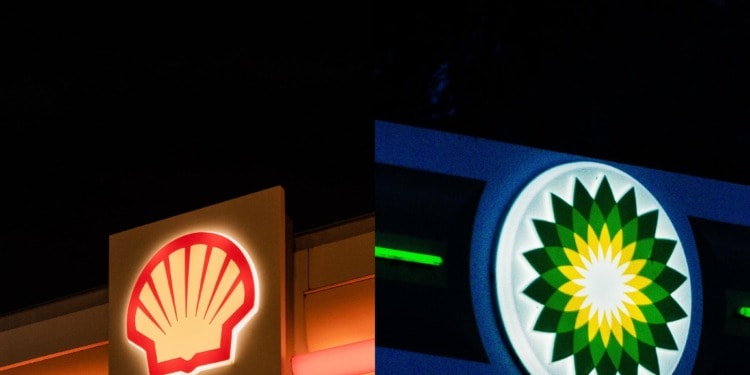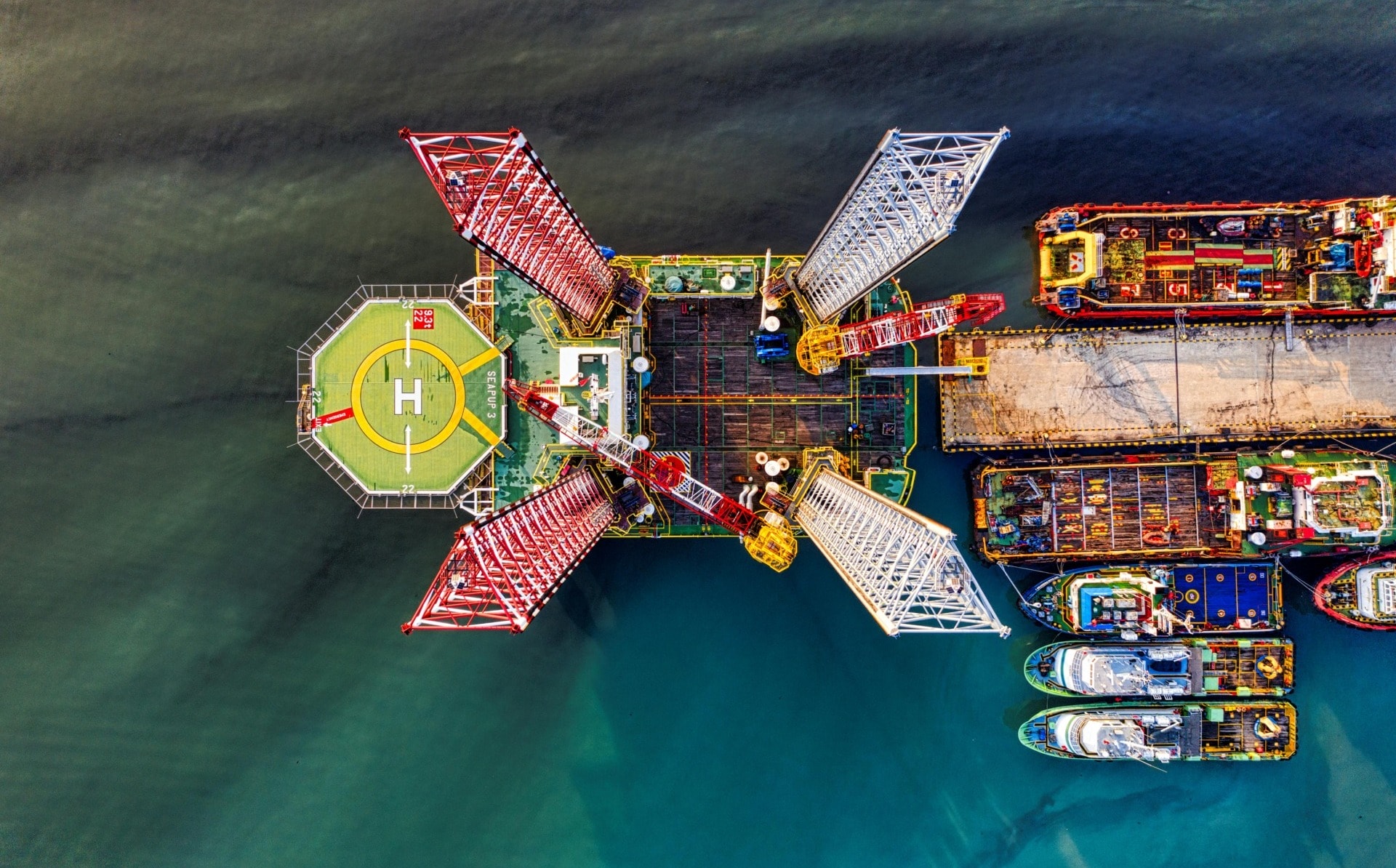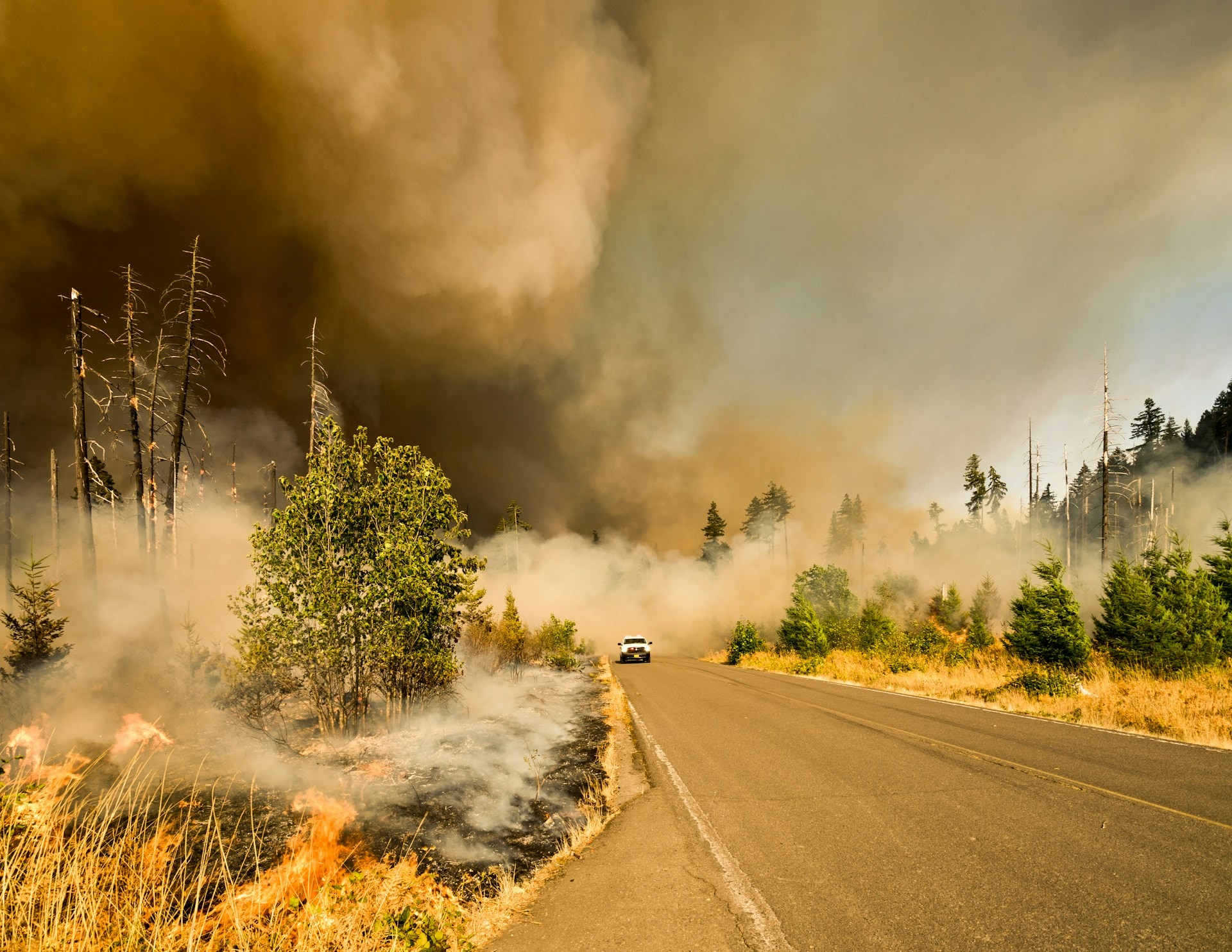Amidst growing consumer awareness, Shell and BP are claiming to be leaders of the green revolution. Yet, these claims don’t always match reality.
Shell
Shell’s statement on sustainability
Shell’s sustainability approach is supposedly centered around a clear commitment to responsibly providing more and cleaner energy solutions.
“Sustainability at Shell means providing more and cleaner energy solutions responsibly. Our core values of honesty, integrity and respect for people – first laid out in the Shell General Business Principles more than 40 years ago – underpin our approach to sustainability.”
The oil corporation claims that its decommissioning of the North Sea oil and Brent Field gas fields demonstrates its commitment to cleaner energy solutions. Furthermore, the company assures that it conducts the decommissioning process responsibly.
Alongside this, Shell is resolute in achieving net-zero emissions as an energy business by 2050, in line with the Paris Agreement. These objectives are outlined in the company’s 2022 Sustainability Report.
Greenwashing scandals
Companies like Shell must back up their intentions with concrete, traceable actions. Unfortunately, the company’s claims have come under hot water.
This year, ClientEarth filed a climate risk lawsuit against Shell’s board to highlight the gaps between the oil giant’s climate pledges and actions.
“Shell is seriously exposed to the risks of climate change, yet its climate plan is fundamentally flawed. In failing to properly prepare the company for the net-zero transition, Shell’s Board is increasing its vulnerability to climate risk, jeopardising its long-term value.”
Paul Benson, Senior Lawyer at ClientEarth
Despite Shell’s record profits, concerns were raised by ClientEarth regarding the company’s lack of investment in low-carbon energy sources such as wind and solar. Only 1% of their long-term investments were allocated to these sources. Although Shell claimed to reduce GHG emissions by using lower-carbon energy products, doubts were raised due to their plans to expand their fossil fuel business by 20%.
Unfortunately, the final judgment did not support ClientEarth’s claims. The judge ruled that it was challenging to fully assess and investigate Shell’s claims due to the size of the business, and interference could not be made.
UK advertising watchdog clears Shell’s ‘carbon neutral’ claims https://t.co/JhQ0C5msxr @Matthew__Green @reuters pic.twitter.com/qZsjQn0R50
— ECIU (@ECIU_UK) May 7, 2020
Shell’s marketing campaigns have also been the subject of controversy. The UK’s advertising watchdog recently banned advertisements from major oil and gas companies, including Shell, for promoting their green credentials without disclosing their larger polluting operations. This was deemed misleading by the ASA. However, Shell defended itself by highlighting that consumers may not be aware of their investments in low and zero-carbon energy.
Veronica Wignall, from the Adfree Cities campaign group, which led the complaint against Shell, said the ban “marks the end of the line for fossil-fuel greenwashing in the UK. The world’s biggest polluters will not be permitted to advertise that they are ‘green’. At the same time, they build new pipelines, refineries and rigs.”
Dirty business deals
The oil company has faced criticism for making “unethical” decisions and prioritizing its economic interests over environmental responsibility. In 2022, it was revealed that the company had partnered with Infosys. The IT services firm is owned by Rish Sunak’s father-in-law.
This, along with the UK Prime Minister adding Shell PLC to his new business council this year, raises fair concerns about Shell’s commitment to urgent climate action.
Worker and labour exploitation
In Shell’s pursuit of sustainability, an essential aspect of its treatment of workers and respect for labor rights needs to be investigated.
“As stated in our Code of Conduct, at Shell, we offer equal opportunities to everyone. Our human resources policies and standards help us establish fair labour practices and a positive work environment.”, Shell’s approach to Human Rights statement
Marketing campaigns like Shell’s #makethefuture campaign aim to project this green image. However, this seems at odds with the reality faced by many contract workers who experience worker exploitation.
An unauthorized poster campaign challenged BP and Shell regarding this issue in Aberdeen, an oil and gas industry hub. The campaign highlighted offshore workers’ plight on ad hoc contracts, with a 2021 survey revealing that 75% had no job security.
End indecent employment in Shell Nigeria @Shell_Nigeria @IndustriALL_GU @officialNUPENG9 https://t.co/HioY3CADXd
— Riosy (@prosperiosy) May 21, 2019
These labour-washing claims extend beyond Europe. In 2018, IndustriALL Global Union called out Shell’s #MaketheFuture Live event, stating that around 200,000 contract workers at Shell were in insecure positions due to the company’s unfair employment policies. Soon after, the union launched an online petition, pointing to the lack of transparency on the company’s outsourcing practices.
Despite the petition, Shell continues to refuse to negotiate with IndustriaALL to improve the rights of contract workers at its operations worldwide.
RELATED ARTICLES: Oil Spills: A Double-Standard World | UN’s Landmark Decision: Children’s Right to Sue Over Climate
BP
BP’s Company statement on sustainability
“Our approach to sustainability is targeted, systematic and collaborative. It rests on strong, well-established foundations. We aim to embed sustainability more widely and deeply in our culture, business decisions, processes and governance.”
BP recently unveiled its 2022 Sustainability report, outlining its efforts to attain net-zero status by 2050, just like Shell. Despite the “obstacles” encountered during the previous year, BP claims it has made strides in achieving its five-planet goals.
Notably, the company asserts that it has dedicated approximately 30% of its total capital expenditure to transitioning to growth engines.
However, after a closer look, it is clear that BP still places significant emphasis on traditional fossil fuel investments. This raises some questions about the company’s commitment to the transition to more sustainable forms of energy.
Greenwashing scandals
Greenpeace’s recent report, “The Dirty Dozen” has cast doubt on BP’s supposed commitment to sustainability. The report accuses the company of deceiving the public about its willingness to curb its climate-damaging impact.
“As the world endures unprecedented heat waves, deadly floods and escalating storms, Big Oil clings to its destructive business model and continues to fuel the climate crisis.” Kuba Gogolewski, Finance campaigner at Greenpeace CEE
The analysis has contradicted BP’s claim that 30% of their spending was on renewable energy. Greenpeace’s report also found that BP generated a mere 0.02% of its energy from renewables in 2022.
The oil giant has asserted that 97% of its investments were in fossil fuels. Additionally, BP claimed it had honestly allocated 30% of its 2022 capital expenditure to renewable businesses.
Dirty business deals and company failures
There have been significant setbacks to BP’s efforts to achieve sustainability due to business failures that have had serious environmental and human consequences.
One such example is the Deepwater Horizon oil spill in 2010. The Deepwater Horizon explosion resulted in more than 130 million gallons of crude oil spilling into the Gulf Of Mexico. To put this into perspective, 130 million gallons equals 300 Olympic-sized swimming pools.
The BP Deepwater Horizon disaster happened 13 years ago today. It took 87 days for them to stop the flow. By then, 200 million gallons of oil had spilled into the Gulf, killing untold millions of marine wildlife, and sickening thousands of people. We can't let it happen again. pic.twitter.com/0wUSO2vdnW
— Earthjustice (@Earthjustice) April 20, 2023
Although over 13 years have passed since the oil spill, the ecosystem still struggles to recover.
The spill has resulted in high rates of reproductive failure and lung disease in bottlenose dolphins, similar to the health issues humans face. Furthermore, in 2018, two studies found that cleanup workers who had contact with the oil experienced impaired lung and heart function.
BP has made efforts to address the spill’s aftermath, such as compensation and cleanup. Still, balancing energy demands and environmental protection in ecologically rich areas remains challenging. Despite this sordid history, BP plans to intensify its oil exploration and drilling by developing the Kaskida Reservoir.
There is a high possibility this will mean a re-exploration of similar geological reservoirs-such as the Gulf of Mexico.
Worker and labour exploitation
As we explore BP’s dedication to sustainability, we must assess how its growth impacts employees.
“BP supports the elimination of all forms of modern slavery. We believe everyone deserves to be treated with fairness, respect and dignity.”, from BP’s corporate statement
Despite the company’s claims, recent reports have highlighted several instances of the company exploiting conversions. This year, Bloomberg uncovered BP’s involvement in a carbon credit program in Mexico, which exploited locals
The report stated that BP acquired 1.5 million carbon offsets at a reduced price, with villagers selling credits for only $4. This is less than the typical selling price of premium carbon credits, which usually sell for around $7.
BP has responded to the report by announcing that it plans to increase pay in some communities. However, the company has not yet disclosed the specifics of the proposed plan. It is also important to note that BP has not committed to increasing pay for “all” communities affected by the human rights violations.
The oil giant has faced further fair criticism for failing to adhere to its health and safety protocols.
In 2014, an oil worker died while working on BP’s Unity platform, and the subsequent trial found that BP had neglected safety protocols. The consequence was a £650,000 fine.
BP was also found guilty by the U.S. Department of Labour for violating process safety rules this year. The oil giant was found to have failed to adequately train operators, leading to the death of two workers. The US Occupational Safety and Health Administration (OSHA) proposed that BP Products pay $156,250 in penalties.
Despite these incidents, BP has asserted its commitment to maintaining safe and reliable operations at all facilities
“We have been actively cooperating with OSHA as it investigates the Toledo incident, and we will review the citations and continue our discussions with the agency,” said BP spokeswoman Christina Audisho.
This serves as a reminder that sustainability encompasses environmental factors and a company’s workforce’s well-being.
Who is the true steward of sustainability?
Shell and BP have a lot of work to do to bridge the gap between their claims and actions.
Based on their respective claims, BP has taken more steps towards becoming a company that prioritizes environmental and social sustainability.
It is also worth noting that Shell just pulled back on its $100 million per year plan to offset CO2 emissions. In respect of this, BP has managed to gain a slight edge in this sustainability battle.
We cannot truly consider either Shell or BP as sustainable trailblazers until they demonstrate genuinely sustainable practices that cannot be easily dismissed. Until then, we’ll have to continue monitoring their efforts.
Editor’s Note: The opinions expressed here by Impakter.com contributors are their own, not those of Impakter.com — In the Featured Photo: Shell and BP Logos. Featured Photo Credit: Simon Cheung and Keming Tan














